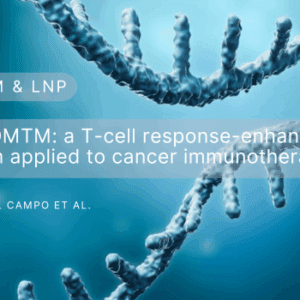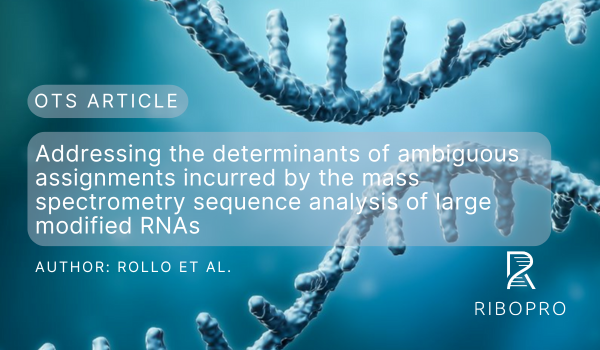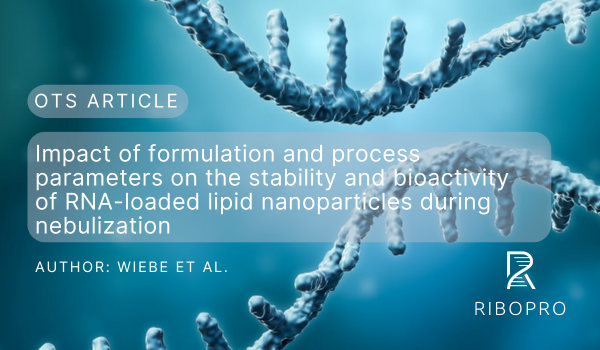Authors
Judith Del Campo, Séverine Valsesia, Elsa Nikly, Roberto Ruiu, Antonella Iacoviello, Elena Quaglino, Federica Cavallo, Dalil Hannani, Emilie Boucher, Florence Nicolas, Alexandre Le Vert, Francesco Doro
Keywords
cancer, immunotherapy, mRNA, nanoparticles, t cells, custom mRNA, Lipid Nanoparticles, LNPs
DOI
https://doi.org/10.3389/fimmu.2025.1549112
Journal: Frontiers in Immunology
PMID: 40160825
PMCID: PMC11951937
Abstract
Background: Neoepitopes derived (0) from tumors are attractive cancer immunotherapy targets, especially when combined with immune checkpoint inhibitors (CPIs). Vaccines using lipid nanoparticle (LNP)-encapsulated mRNA to deliver neoepitopes have shown encouraging results in patients and animal models, due to T cell-dependent responses. However, a low mutational burden is often a predictor of poor CPI response: the immune response against the few available mutations can be insufficient. An enhanced response to these few mutations could increase CPI efficacy. Here, we investigate the potential of oligoDOM™, a self-assembling sequence, to improve neoepitope immunogenicity and antitumor efficacy in murine cancer models.
Methods: LNP-formulated mRNA constructs encoding short epitope strings fused with oligoDOM™ were tested. Immune responses in mice were compared between constructs with oligoDOM™ and their controls. Specific T-cell responses against four tumor models (MC38, CT26, TC-1, B16-OVA) were measured using ELISpot in naïve mice. Two models (TC-1 and B16-OVA) were further selected for tumor growth efficacy testing.
Results: LNP-formulated neoepitope-oligoDOM™ mRNA constructs induced a significantly superior immune response as compared with the control groups in four neoantigens tested. This increased specific immunogenicity is linked to antitumor growth effects in murine syngeneic cancer models such as the B16-OVA and TC-1. The induced T-cell immune response significantly correlated with tumor growth rate reduction.
Discussion: Combining oligoDOM™ and LNP-mRNA technologies offers a versatile platform that allows for efficient short neoepitope strings delivery. This approach represents a feasible, potentially effective strategy for personalized cancer immunotherapy.



